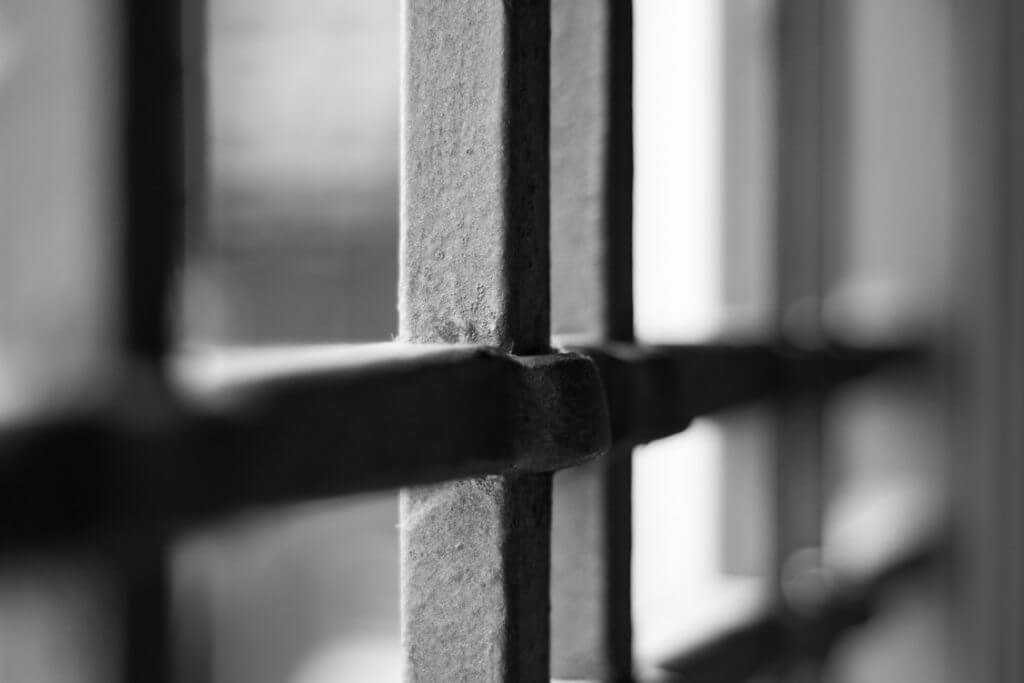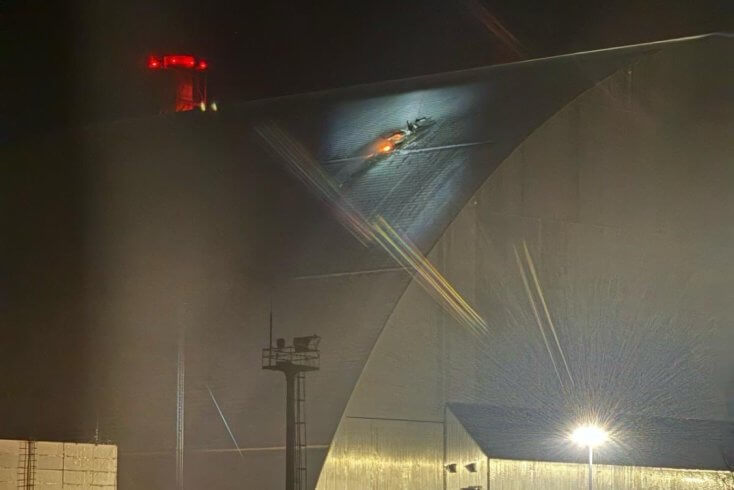Supreme Court to try deceased genocide suspect on September 15
September 2, Pozirk. The genocide trial of Osyp Wynnycky, a deceased Nazi auxiliary police company commander, will open at the Supreme Court on September 15.
The Prosecutor General’s Office said Wynnycky, who was born in 1915 and passed away in Canada in 1997, “intentionally took the lives of at least 403 people, at least 146 children among them, including obvious minors, as well as elderly and helpless persons and pregnant women.”
According to the prosecutors, Wynnycky commanded the first company of Schutzmannschaft Battalion 118, which carried out massacres in the Minsk, Viciebsk and Hrodna regions during the Nazi occupation of Soviet Belarus. After the war, he lived in Canada and could not be brought to justice despite numerous requests from the USSR.
The case follows the conviction in March of Siamion Sierafimovič, who was born in Mir, Belarus, and died in the UK in 1997, guilty of involvement in genocide against Belarusian people during World War II.
These cases are part of a series of trials targeting dead perpetrators of war crimes against Belarusians, following the conviction of Volodymyr Katriuk, an ethnic Ukrainian born in 1921 in the village of Luzhany, and proceedings against ethnic Pole Konstanty Smowski last year. Both were accused of involvement in Chatyń massacre in 1943.
The Belarusian government’s persecution of dead Nazi war criminals is primarily politically motivated, said Gundula Pohl, of the Institute of History in Hagen, Germany, in her article published online in January 2025.
“It reflects the state’s need to legitimize its authoritarian rule and create a new basis for national identity after the brutal suppression of peaceful civil protests in the summer of 2020.”
The government started promoting the concept of genocide against Belarusians about four years ago, while Prosecutor General Andrej Švied personally contributed content for a textbook on genocide for five-graders.
Alaksandar Łukašenka signed laws providing for the criminal prosecution of the dead and criminalizing the denial of genocide. Denial carries a penalty of five years in prison. Repeated violation of the law may lead to up to 10 years in prison.
Historians and analysts note that the authorities also use the genocide theme to discredit their opponents by tying their symbols to Nazi collaborators.
“With the newly emphasized genocide campaign, the state seeks to establish a uniquely Belarusian and nationally unifying narrative. Ultimately, by focusing primarily on non-German (Belarusian, Ukrainian, Lithuanian) perpetrators, it aims to deliberately discredit the political opposition and “western” states. The concept of genocide serves as its vehicle,” says Pohl.
According to Law No. 146-Z, the term “Belarusian people” refers to all “Soviet citizens who lived on the territory of the Belarusian Soviet Socialist Republic (BSSR) during the Great Patriotic War and/or the post-war period.”
“This construction of the term and the isolation of the events on Belarusian soil from the rest of Nazi-occupied Soviet territory establishes the regime’s exclusive claim to the memory of the war and occupation and represents a deliberate distinction from Russia’s stance, despite current foreign policy alignments,” the researcher says.
- Politics
- Security, SocietyIAEA: Chernobyl reactor shelter compromised by February drone attackThe material is available only to POZIRK+
- PoliticsŁukašenka seeks “pragmatic cooperation” with FinlandThe material is available only to POZIRK+
- EconomyBelarus’ gasoline exports to Russia rise in early DecemberThe material is available only to POZIRK+
- PoliticsMinsk dismisses OSCE call to end reprisals as “politicized cliché”The material is available only to POZIRK+
- PoliticsHigh-level conference on Belarus to be held in Brussels next weekThe material is available only to POZIRK+
- PoliticsOSCE member states urge Belarus to end repressionThe material is available only to POZIRK+
- EconomyBelarus shortens list of goods subject to price controlsThe material is available only to POZIRK+
- Politics, SecurityLatvia reports two attempts by undocumented migrants to cross from Belarus on December 4The material is available only to POZIRK+
- Politics, Society
- SocietyPolice in Belarus arrest six on suspicion of trafficking migrantsThe material is available only to POZIRK+
- Economy, SocietyLatvian police recover two weather balloons with smuggled cigarettesThe material is available only to POZIRK+
- Economy, Politics, Security
- Politics, SocietyNumber of Belarusian expats in Lithuania down 12 percent since year’s startThe material is available only to POZIRK+
- Politics, SocietyInterior ministry brands jailed journalist Iljaš, 23 others as extremistsThe material is available only to POZIRK+
- Economy
- Politics, SocietyRights defenders: pressure on lawyers part of wider crackdownThe material is available only to POZIRK+
- EconomyŁukašenka discusses joint projects with Omani investorsThe material is available only to POZIRK+
- Economy, SocietyBiełavija to resume passenger air service to Tel Aviv in JanuaryThe material is available only to POZIRK+
- PoliticsNorway’s foreign minister: Belarus to remain relevant after war in Ukraine endsThe material is available only to POZIRK+



